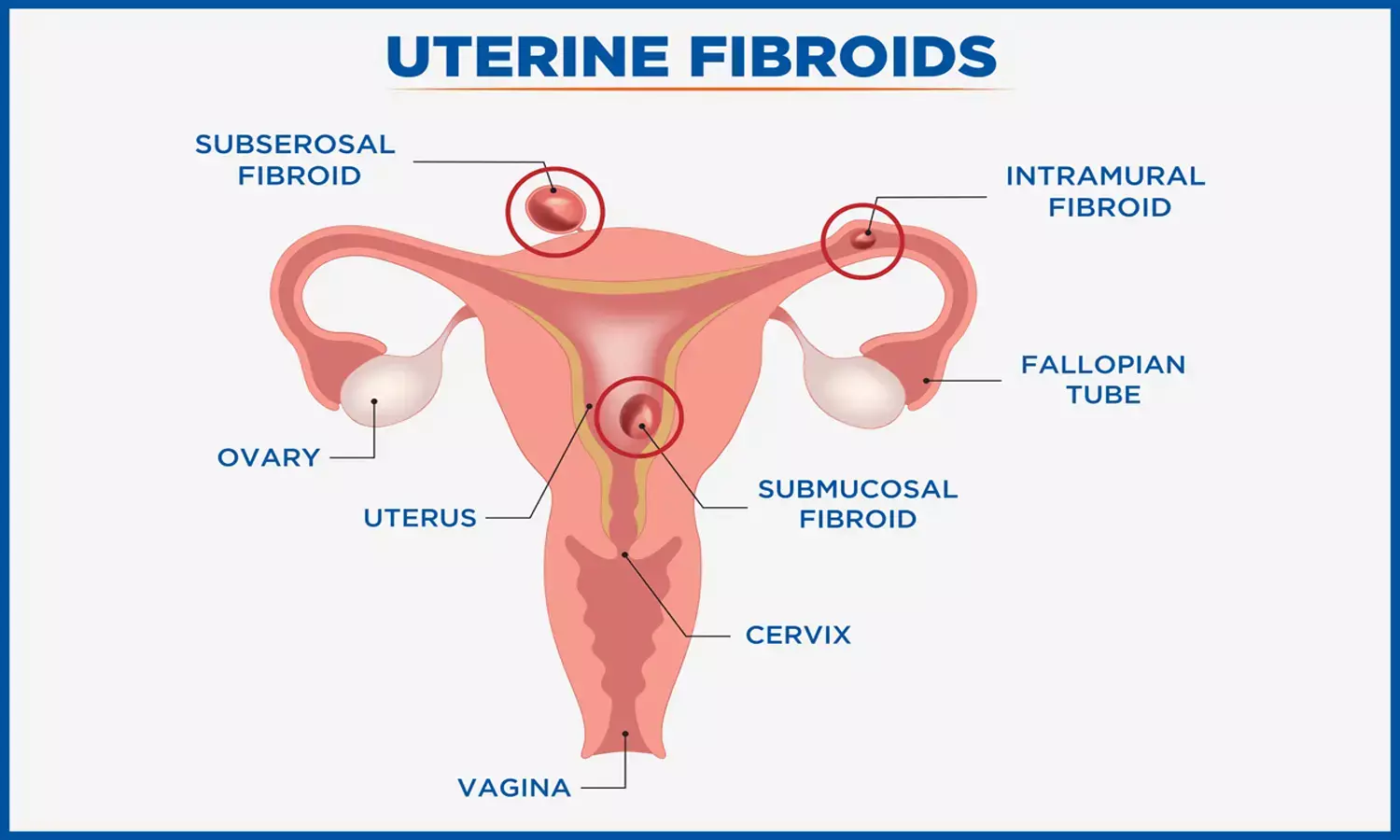- Home
- Medical news & Guidelines
- Anesthesiology
- Cardiology and CTVS
- Critical Care
- Dentistry
- Dermatology
- Diabetes and Endocrinology
- ENT
- Gastroenterology
- Medicine
- Nephrology
- Neurology
- Obstretics-Gynaecology
- Oncology
- Ophthalmology
- Orthopaedics
- Pediatrics-Neonatology
- Psychiatry
- Pulmonology
- Radiology
- Surgery
- Urology
- Laboratory Medicine
- Diet
- Nursing
- Paramedical
- Physiotherapy
- Health news
- Fact Check
- Bone Health Fact Check
- Brain Health Fact Check
- Cancer Related Fact Check
- Child Care Fact Check
- Dental and oral health fact check
- Diabetes and metabolic health fact check
- Diet and Nutrition Fact Check
- Eye and ENT Care Fact Check
- Fitness fact check
- Gut health fact check
- Heart health fact check
- Kidney health fact check
- Medical education fact check
- Men's health fact check
- Respiratory fact check
- Skin and hair care fact check
- Vaccine and Immunization fact check
- Women's health fact check
- AYUSH
- State News
- Andaman and Nicobar Islands
- Andhra Pradesh
- Arunachal Pradesh
- Assam
- Bihar
- Chandigarh
- Chattisgarh
- Dadra and Nagar Haveli
- Daman and Diu
- Delhi
- Goa
- Gujarat
- Haryana
- Himachal Pradesh
- Jammu & Kashmir
- Jharkhand
- Karnataka
- Kerala
- Ladakh
- Lakshadweep
- Madhya Pradesh
- Maharashtra
- Manipur
- Meghalaya
- Mizoram
- Nagaland
- Odisha
- Puducherry
- Punjab
- Rajasthan
- Sikkim
- Tamil Nadu
- Telangana
- Tripura
- Uttar Pradesh
- Uttrakhand
- West Bengal
- Medical Education
- Industry
Myomectomy bests uterine artery embolization for treating uterine Fibroids: NEJM study

Researchers have found in a randomized trial that women with symptomatic uterine fibroids reported significantly better quality of life (QoL) following myomectomy as compared with uterine artery embolization. The findings of the study have been reported in the New England Journal of Medicine.
Uterine fibroids are most common type of tumor among women of reproductive age.They are associated with heavy menstrual bleeding, abdominal discomfort, subfertility, and a reduced quality of life. For women who wish to preserve their uterus and who have not had a response to medical treatment, myomectomy and uterine-artery embolization are therapeutic options.
The researchers conducted a multicenter, randomized, open-label trial to evaluate myomectomy, as compared with uterine-artery embolization, in women who had symptomatic uterine fibroids and did not want to undergo hysterectomy. Procedural options included open abdominal, laparoscopic, or hysteroscopic myomectomy. Moreover some women want an alternative to hysterectomy for various other reasons, such as maintenance of body integrity and shorter recovery time.
The primary outcome was fibroid-related quality of life, as assessed by the score on the health-related quality-of-life domain of the Uterine Fibroid Symptom and Quality of Life (UFS-QOL) questionnaire (scores range from 0 to 100, with higher scores indicating a better quality of life) at 2 years; adjustment was made for the baseline score.
In head to head comparison both fibroid-specific and health-related QoL improved more with myomectomy, although scores for both treatment groups improved from baseline. Scores related to symptom severity favored myomectomy at 6 months and 2 years. Menstrual bleeding scores were similar in the two groups.In addition to this few intraoperative complications occurred in either group, and rates of perioperative/postoperative complications were similar.
The trial has provided new information for clinicians and their patients who want to retain the option for reproduction.
The researchers concluded that among women with symptomatic uterine fibroids, those who underwent myomectomy had a better fibroid-related quality of life at 2 years than those who underwent uterine-artery embolization.
For further reference log on to:
New England Journal of Medicine
Source Reference: Manyonda I, et al "Uterine-artery embolization or myomectomy for uterine fibroids" N Engl J Med 2020; DOI: 10.1056/NEJMoa1914735.
Dr Kamal Kant Kohli-MBBS, DTCD- a chest specialist with more than 30 years of practice and a flair for writing clinical articles, Dr Kamal Kant Kohli joined Medical Dialogues as a Chief Editor of Medical News. Besides writing articles, as an editor, he proofreads and verifies all the medical content published on Medical Dialogues including those coming from journals, studies,medical conferences,guidelines etc. Email: drkohli@medicaldialogues.in. Contact no. 011-43720751


